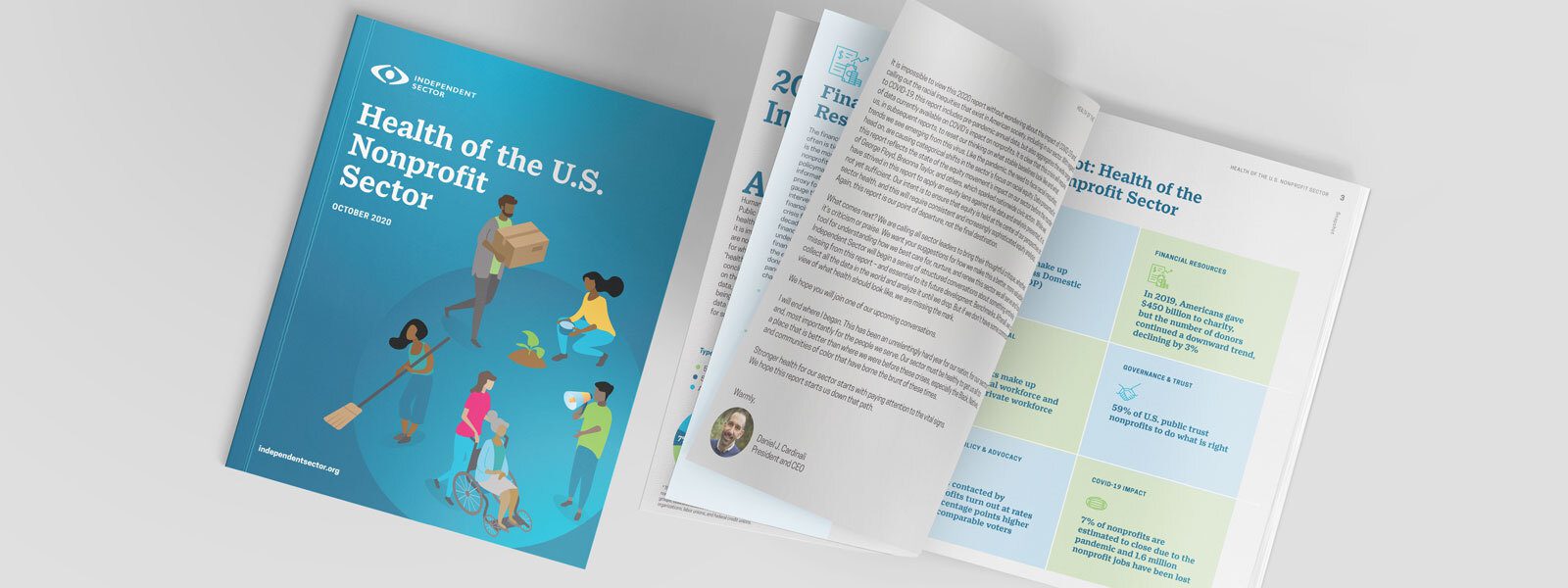Keeping It Ethical is our weekly blog series highlighting the 33 Principles for Good Governance and Ethical Practice. Throughout the series, we hope to highlight the importance of each Principle and the helpful resources associated with it and learn more from you about how you’ve incorporated these Principles into your charitable organization.
Let’s face it – donors are the lifeblood of nonprofit organizations. Without their support, nonprofits’ ability to pursue our mission and create positive change in the communities we serve would be severely diminished. And that’s why it’s imperative that nonprofits honor and maintain donors’ trust by respecting their privacy and confidentiality.
So, except where disclosure is required by law, nonprofits should follow these best practices to protect donor information, privacy, and confidentiality:
- Don’t sell or share donor names or contact information without giving them an opportunity—at least once a year—to opt out of use of their names.
- Let donors know how you may use their names. And when they make a contribution, as well as in your future solicitations, make it easy for them to indicate they don’t want their names or contact info shared outside of your organization.
- Provide a check-off box or other “opt out” method in your solicitations and promotional materials for donors and others who prefer not to receive similar communications via mail, email, or fax in the future, and remove the donor’s name immediately if requested.
- If your organization gathers personal information of donors and others who visit your website, your site should include an easily accessible privacy policy that lets them know you’re collecting their info, how you’re using it, how to indicate they don’t want their personal information shared, and the security measures you have in place to protect their personal info.
- Your board should adopt and enforce a policy that stipulates that your organization considers donor information proprietary. The policy also should specify that the information will not be sold, shared, or otherwise transferred to another organization without the clear and written permission of both the donor and organization.
Want more information on donor privacy? Check out these resources:
- Protecting Donor Privacy, Philanthropy Roundtable
- The Legal and Political Landscape of Donor Privacy, Philanthropy, the quarterly national magazine of The Philanthropy Roundtable
- How to Check If a Charity Respects Your Privacy, Charity Watch
- Ethical Fundraising, National Council of Nonprofits
There’s also more related to Principle 33 on Independent Sector’s Principles Resources Center.
Do you know of additional resources that support Principle 33? Please share them below, along with any comments you may have. You also can use #npethics on social media.



